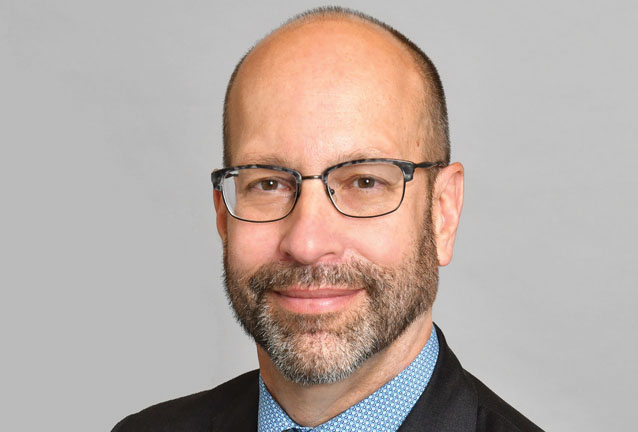OU Health Stephenson Cancer Center has partnered with its peers at other National Cancer Institute-designated cancer centers across the United States to issue a joint statement urging physicians, parents and young adults to get the human papillomavirus (HPV) vaccination back on track. Dramatic drops in annual well visits and immunizations during the COVID-19 pandemic have caused a significant vaccination gap and lag in vital preventive services among U.S. children and adolescents — especially for the HPV vaccine.
Nearly 80 million Americans – 1 out of every 4 people – are infected with HPV, a virus that causes several types of cancers. Of those millions, more than 31,000 will be diagnosed with an HPV-related cancer this year. Despite those staggering figures and the availability of a vaccine to prevent HPV infections, HPV vaccination rates remain significantly lower than other recommended adolescent vaccines in the United States. Even before the COVID-19 pandemic, HPV vaccination rates lagged far behind other vaccines and other countries’ HPV vaccination rates. According to 2017 data from the Centers for Disease Control and Prevention, fewer than half (49%) of adolescents were up to date on the HPV vaccine.
“Stephenson Cancer Center is uniting with other NCI-designated cancer centers across the United States in urging adolescent vaccinations for HPV so that we can protect them from cancer caused by the virus,” said Robert Mannel, M.D., director of Stephenson Cancer Center. “Having a vaccine that will prevent the infection that may lead to certain cancers is a remarkable advancement in medicine. It is crucial that we close the HPV vaccination gap and get back on track as a nation.”
The United States has recommended routine HPV vaccination for females since 2006 and for males since 2011. Current recommendations are for routine vaccination at ages 11 or 12 or starting at age 9. Catch-up HPV vaccination is recommended through age 26.
NCI cancer centers strongly encourage parents to vaccinate their adolescents as soon as possible. The CDC recently authorized COVID-19 vaccination for 12-15-year-old children, allowing for missed doses of routinely recommended vaccines, including HPV, to be administered at the same time. NCI cancer centers strongly urge action by healthcare systems and healthcare providers to identify and contact adolescents due for vaccinations and to use every opportunity to encourage and complete vaccination.
“The COVID-19 pandemic has interrupted delivery of key preventive services like the HPV vaccination,” Mannel said. “We must now take action to increase the HPV vaccination rate in order to prevent future cancers.”













